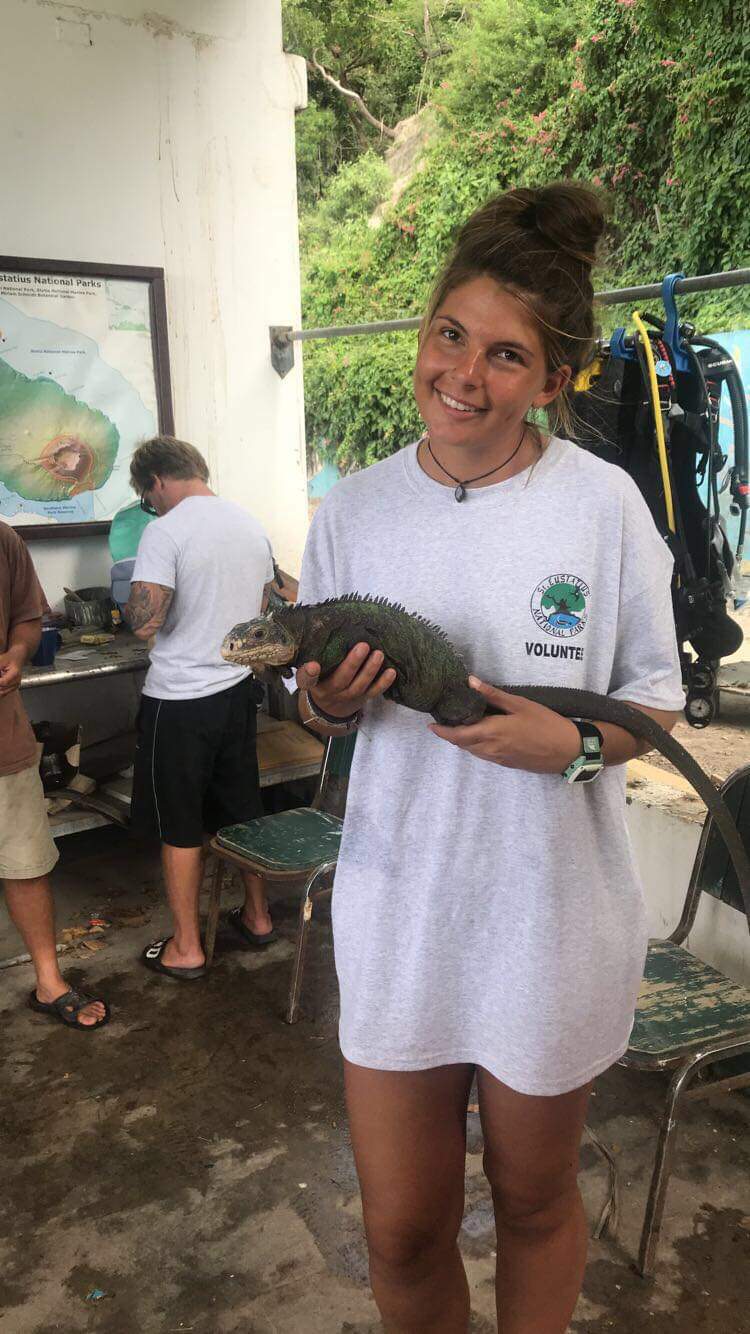“Today is my last day as part of the Environmental Conservation Project in Perú. I have learned a lot about reforestation and bio-diversity, I have had the opportunity to work with the community of Piedritas (a town nearby) and I have learned tips to live a more sustainable life as they do here in Peru.
This experience started when I saw on LinkedIn a post from Global Nomadic for this project. For a while, I had been thinking of having an environmental volunteer experience in another country, so I saw the post as an opportunity that I had to explore. I was thrilled when I was accepted to the programme. Then I started planning. As I have a full time job in Colombia, the first step was to get to an agreement on how long I would be out of my job. After that, I booked my flights, bought the travel insurance, packed my bags and I was ready to go. I was expecting to learn a lot about sustainability, specially reforestation, and really get hand on experience about it, it is one of my passions in life.
When I arrived to Talara, someone was waiting for me in order to take me to Lobitos, where the project is. As I arrived to the house, the staff member and all the other volunteers received me very well. Another volunteer had arrived the same day so the staff members gave us a tour to the house and gave us an explanation of all the projects they worked in. Moreover, they showed me my accomodation: I was sharing room with 2 volunteers, they showed me the bathrooms and most importantly, the dry toilet that they use as a way of having a more sustainable house. Finally, they taught me how the food worked: we always rotate between who is making the food and who is cleaning.
On my second day, one of the directors explained to me the projects in which I would me working. There are 4:
1. The forest: we are growing a forest and it needs to be taken care of. I have to water the trees and also take care of the seedlings.
2. Reforestation project in Lobitos: this project started in 2015. Every year a monitoring has been taken place. I had to analyze the data from the 2018 monitoring.
3. Reforestation project in Piedritas: it is the replication of the Lobitos one. It started in 2018. I had to do some monitoring. For that, we went to Piedritas and made questionnaires to the community.
4. General activities: lastly I participated in the activities that all volunteers do. This meant helping to get interesting content for the social media, help cleaning the dry toilet, and working on planting day that was when we did maintenance to the forest and the trees of the house.
After the orientation, I started working.
But also there was time for other activities. The other volunteers are very friendly and we always eat together, talk and do other activities together. We went surfing, fishing and hiking. Furthermore I found out that Perú’s culture is very similar to Colombia’s one so it was easy for me to adapt.
Now that I have been here for two weeks I have a much broader understanding of the importance of the project for Lobitos and for reforestation. The main reason for this is that we involve the community in the projects, so they learn about the importance of taking care of the trees. Every family involved in the project plants and take care of their trees. In the process, the community learns about the different species and its benefits. Also, they learn techniques to grow them at zero cost and using only reused water, organic waste or inorganic waste. For the time I was here, it became obvious that the community is very satisfied with the project. Finally, that the trees that had been planted are growing and the CO2 sequestration is being measured.
The way in which I was able to participate in the projects was very nice too. I was involved in several stages of the projects so I was able to understand the whole context. Moreover, I was given very specific goals for the time I would be here. That meant that I knew what I had to do everyday, the expected results and then the impact that my job was going to have. I was glad that even though I was only going to be here for two weeks, I was given important and relevant tasks for the different projects. For example, the data analysis that I was doing for the Lobitos Verde project is an necessary step to have a results report of the programme to show them to the municipality and potential donators.
The principal challenge that I faced was that I was only staying for two weeks. This meant that I had to really organize my time in order to complete the tasks. I am proud that I was able to complete them and that I felt that I made a difference to the project by applying my knowledge.
To conclude, I really enjoyed the experience and would definitely recommend it to a friend.”
Environmental Conservation Project in Peru

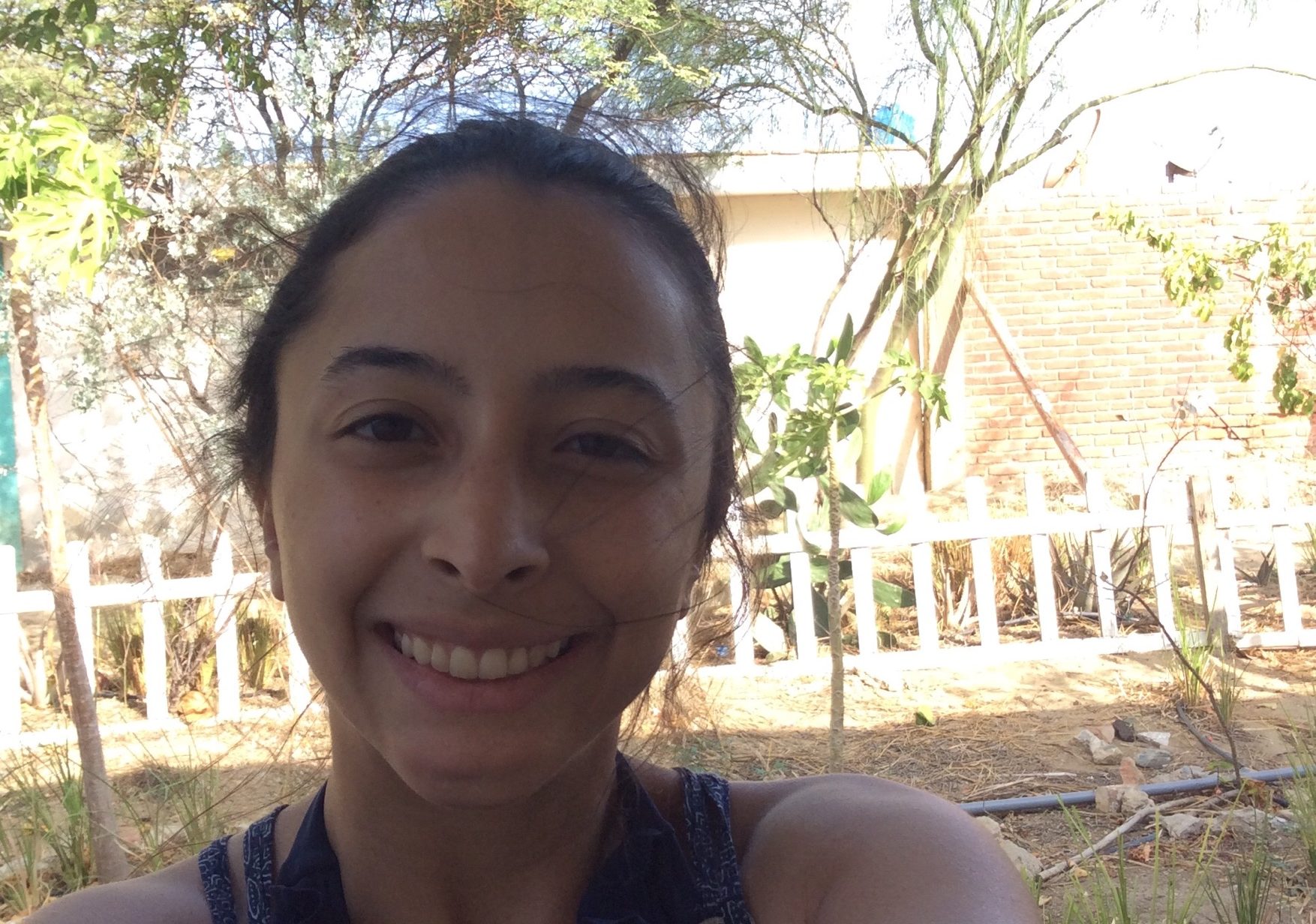
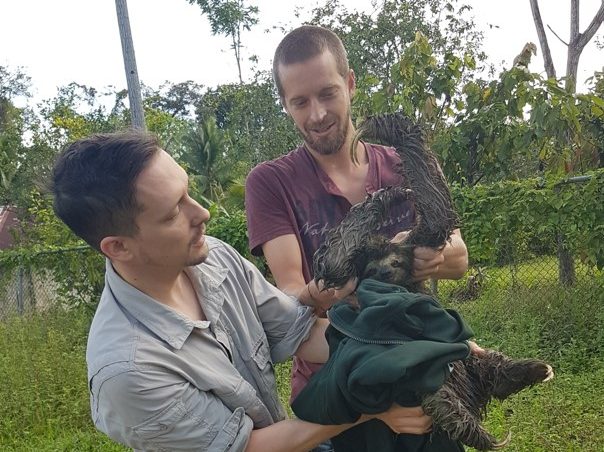
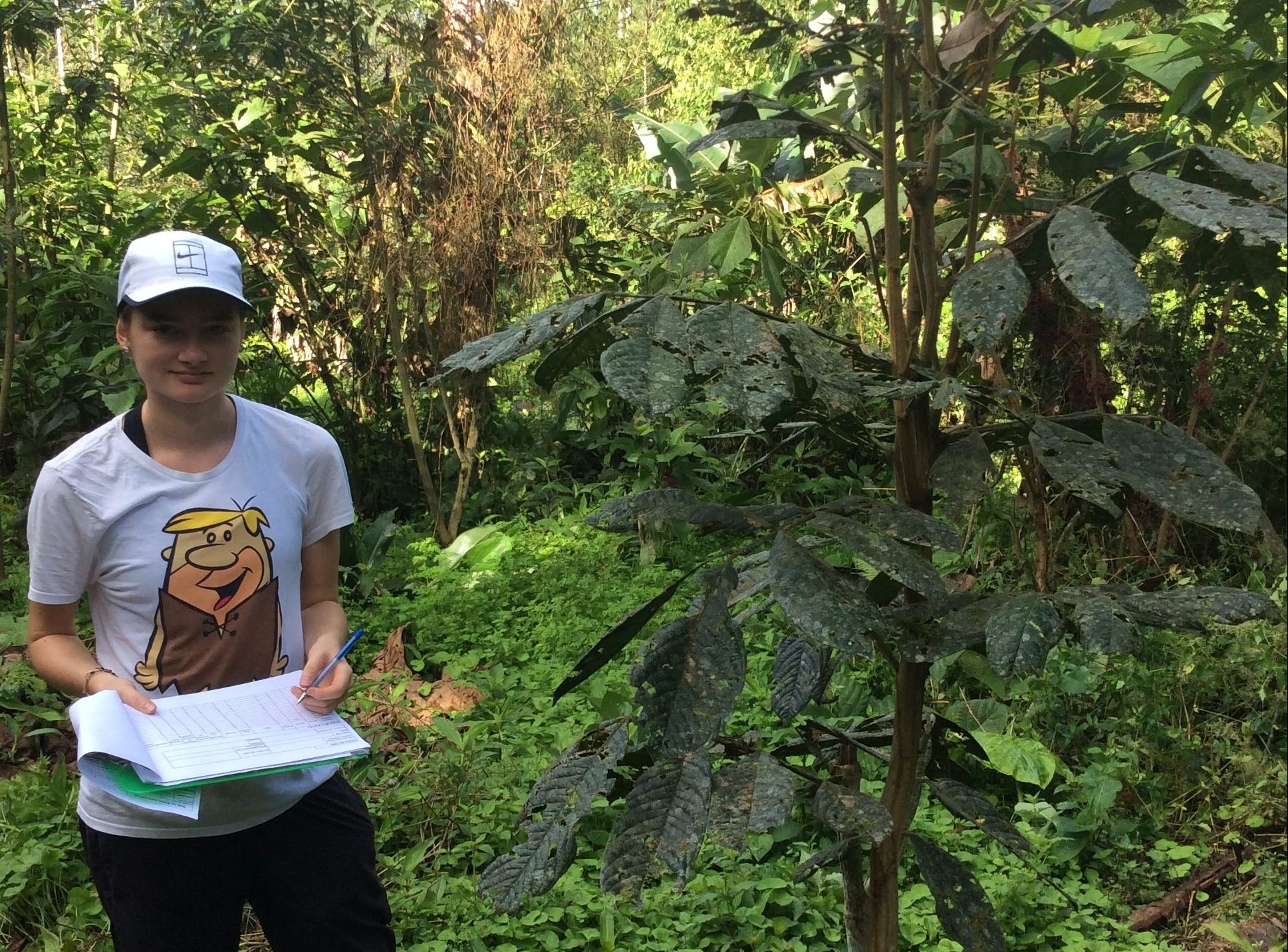
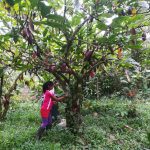 Before my arrival to Ecuador I did not speak much Spanish and I did not have any practical knowledge of working in agroforestry. During my first two weeks I felt like I couldn´t possibly bring any contribution to the foundation, as I did not know the local environment and I couldn´t speak with the locals very well. However, I had a great supervisor and colleagues around me who introduced me to all the ongoing projects and let me be part of all the meetings. Halfway through my internship I felt like I was getting more responsibilities and I could actually create something new that could improve some of the projects.
Before my arrival to Ecuador I did not speak much Spanish and I did not have any practical knowledge of working in agroforestry. During my first two weeks I felt like I couldn´t possibly bring any contribution to the foundation, as I did not know the local environment and I couldn´t speak with the locals very well. However, I had a great supervisor and colleagues around me who introduced me to all the ongoing projects and let me be part of all the meetings. Halfway through my internship I felt like I was getting more responsibilities and I could actually create something new that could improve some of the projects.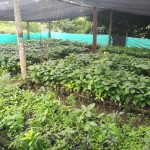 sufficient level. Besides taking Spanish classes twice a week I was trying to learn a lot by myself and use Spanish in my everyday life as much as I could. During my last two weeks I was working with a Reforestation and Biodiversity monitoring which kept my quite busy and I learned a lot from it. Firstly, I participated in all the planning that is necessary to be done before the actual field visit.
sufficient level. Besides taking Spanish classes twice a week I was trying to learn a lot by myself and use Spanish in my everyday life as much as I could. During my last two weeks I was working with a Reforestation and Biodiversity monitoring which kept my quite busy and I learned a lot from it. Firstly, I participated in all the planning that is necessary to be done before the actual field visit.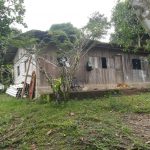 Then I went to one community to monitor 4 plantations together with 2 of my colleagues and collected all the necessary data. After 2 days I returned to the office and I spent almost 3 full days on processing all the data and reviewing the methodology for further monitoring in other communities. This was my biggest responsibility during my internship besides having smaller but interesting tasks, such as working in a plant nursery or helping with a medicinal plant research.
Then I went to one community to monitor 4 plantations together with 2 of my colleagues and collected all the necessary data. After 2 days I returned to the office and I spent almost 3 full days on processing all the data and reviewing the methodology for further monitoring in other communities. This was my biggest responsibility during my internship besides having smaller but interesting tasks, such as working in a plant nursery or helping with a medicinal plant research.
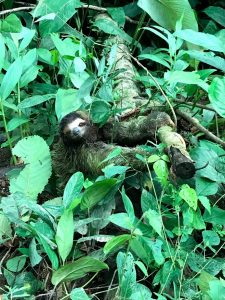 biology and doing biological research I wanted to see if I could challenge myself to design and execute my own project. I ended up establishing a system for monitoring biodiversity levels in different types of rainforest and reforested areas. This was truly a valuable collaborative effort between myself, Marteen and Hanneke and ended up being a very successful project.
biology and doing biological research I wanted to see if I could challenge myself to design and execute my own project. I ended up establishing a system for monitoring biodiversity levels in different types of rainforest and reforested areas. This was truly a valuable collaborative effort between myself, Marteen and Hanneke and ended up being a very successful project.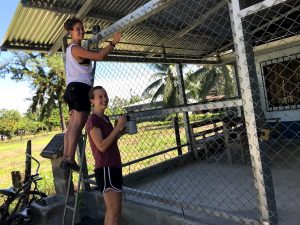 English to local students. The work I did with Work With Nature was rewarding in more ways than one.
English to local students. The work I did with Work With Nature was rewarding in more ways than one.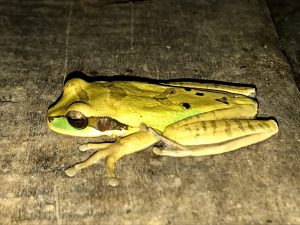 If these weren’t reasons enough already to volunteer for this internship, the mission might be. WWN uses the money from volunteers and donations to buy up hectares of land in order to preserve and reforest areas that have been deforested or are in danger of being deforested. You may even get to plant some trees that will contribute to much needed rainforest in the future!
If these weren’t reasons enough already to volunteer for this internship, the mission might be. WWN uses the money from volunteers and donations to buy up hectares of land in order to preserve and reforest areas that have been deforested or are in danger of being deforested. You may even get to plant some trees that will contribute to much needed rainforest in the future!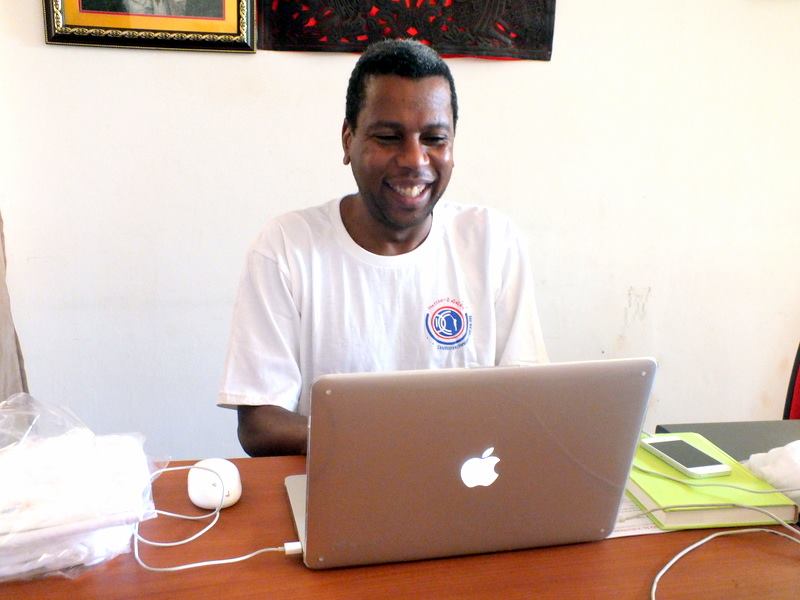
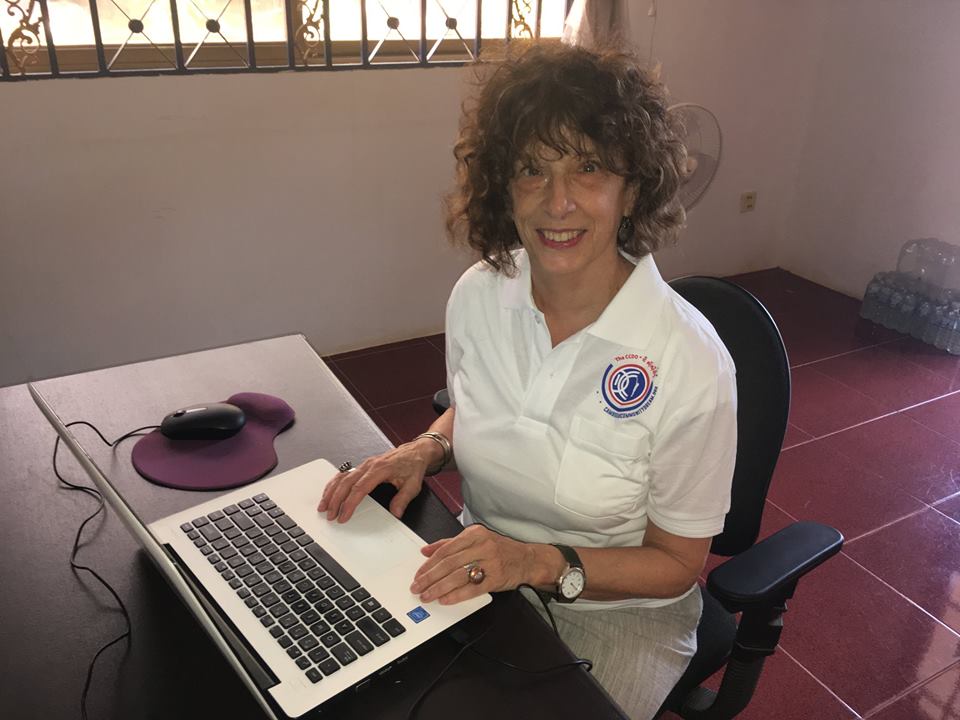
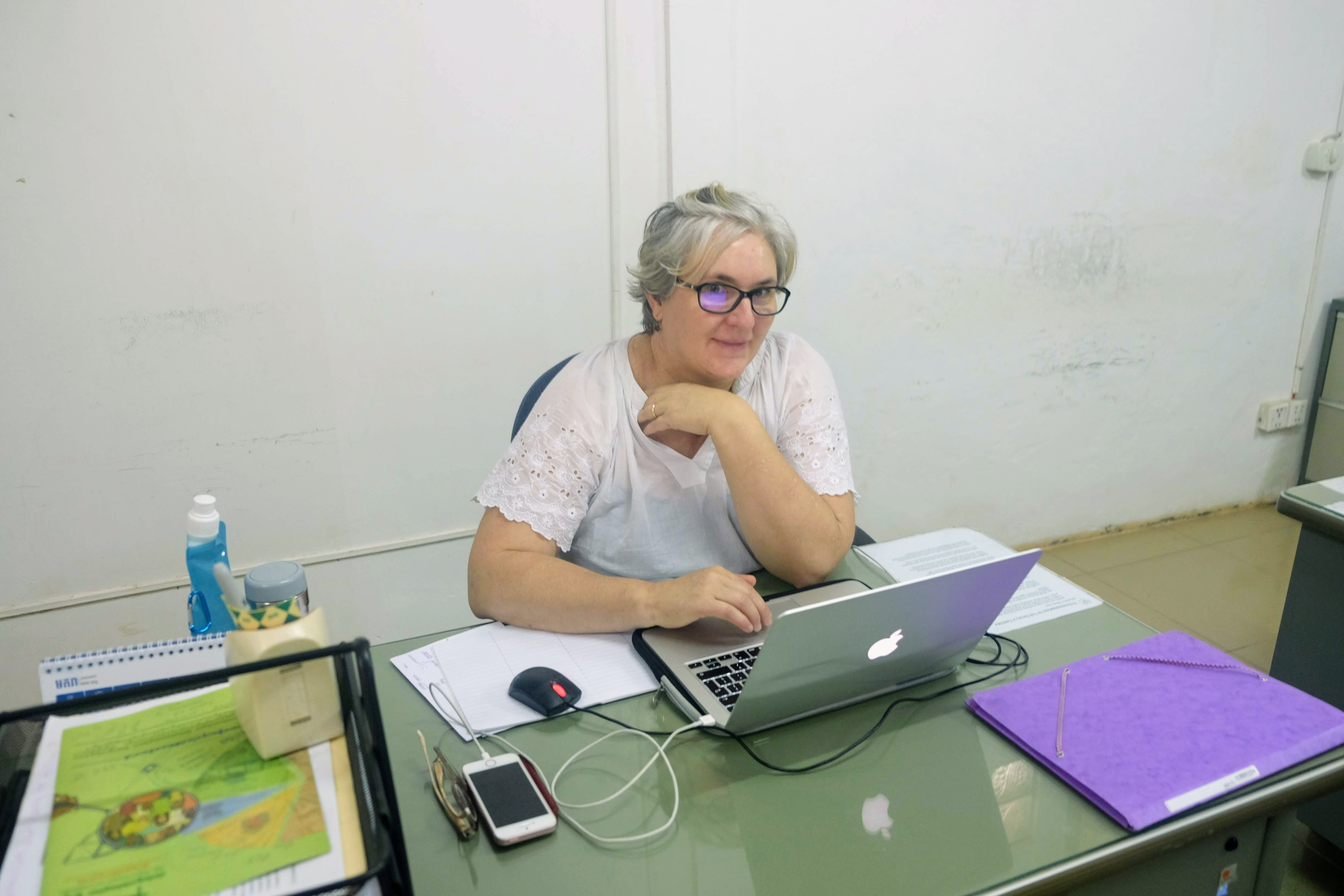
 First of all, driving away from an airport in a tuk-tuk sets the mood already to both something close to an evanescent time and romance. As few Europeans were arriving with me, I also exchanged glances with other young volunteers, backpackers and parents like typical Angkor tourists.
First of all, driving away from an airport in a tuk-tuk sets the mood already to both something close to an evanescent time and romance. As few Europeans were arriving with me, I also exchanged glances with other young volunteers, backpackers and parents like typical Angkor tourists.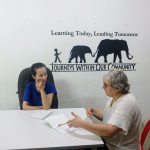 talked that much, in a long time!”. I must not have paid enough attention to all the street names, because the morning after, when it was time to head toward work, I started mixing up all the streets, the architectural landmarks and ended up on unpaved roads! I met lovely Cambodians who clearly thought I was lost and kept trying to help me find back my way to the association!!! I didn’t mind so much being lost (I discovered some nice back roads for later days and took some pictures!). However, being late at work on the second/third and fourth day was becoming a concern for me. Well, Kea whom I voiced my concerns to, saved me: “after the 3rd stop light, turn right”, and it worked!!!
talked that much, in a long time!”. I must not have paid enough attention to all the street names, because the morning after, when it was time to head toward work, I started mixing up all the streets, the architectural landmarks and ended up on unpaved roads! I met lovely Cambodians who clearly thought I was lost and kept trying to help me find back my way to the association!!! I didn’t mind so much being lost (I discovered some nice back roads for later days and took some pictures!). However, being late at work on the second/third and fourth day was becoming a concern for me. Well, Kea whom I voiced my concerns to, saved me: “after the 3rd stop light, turn right”, and it worked!!!